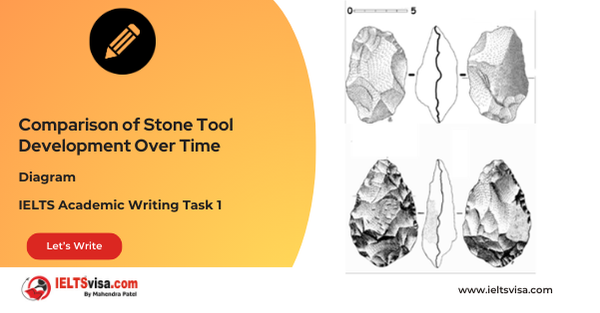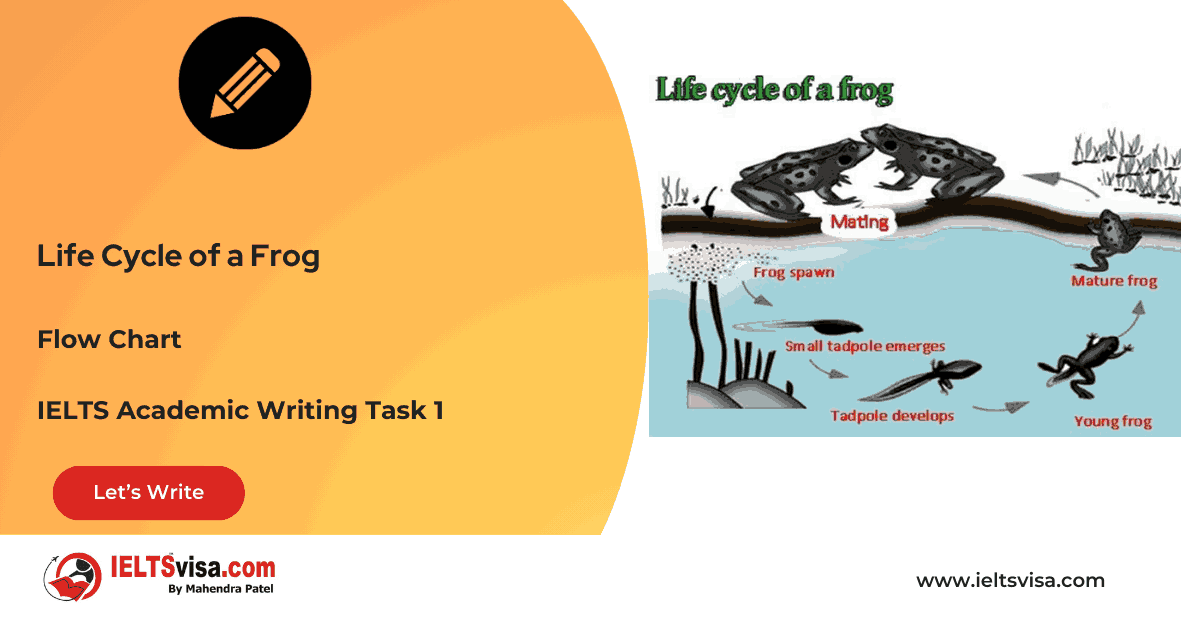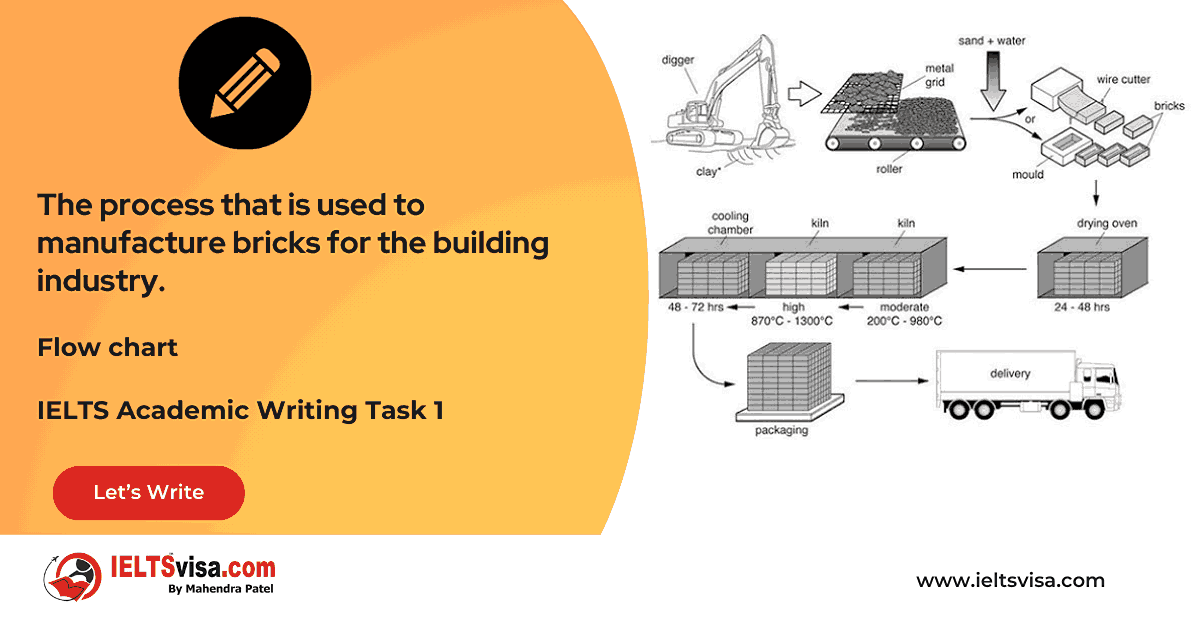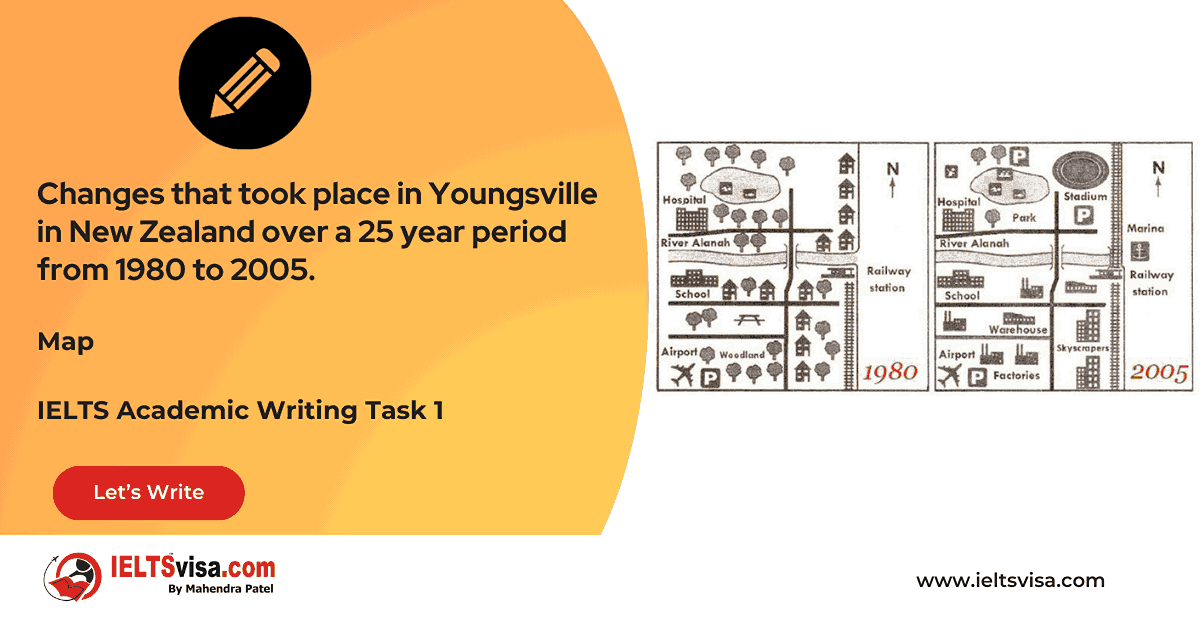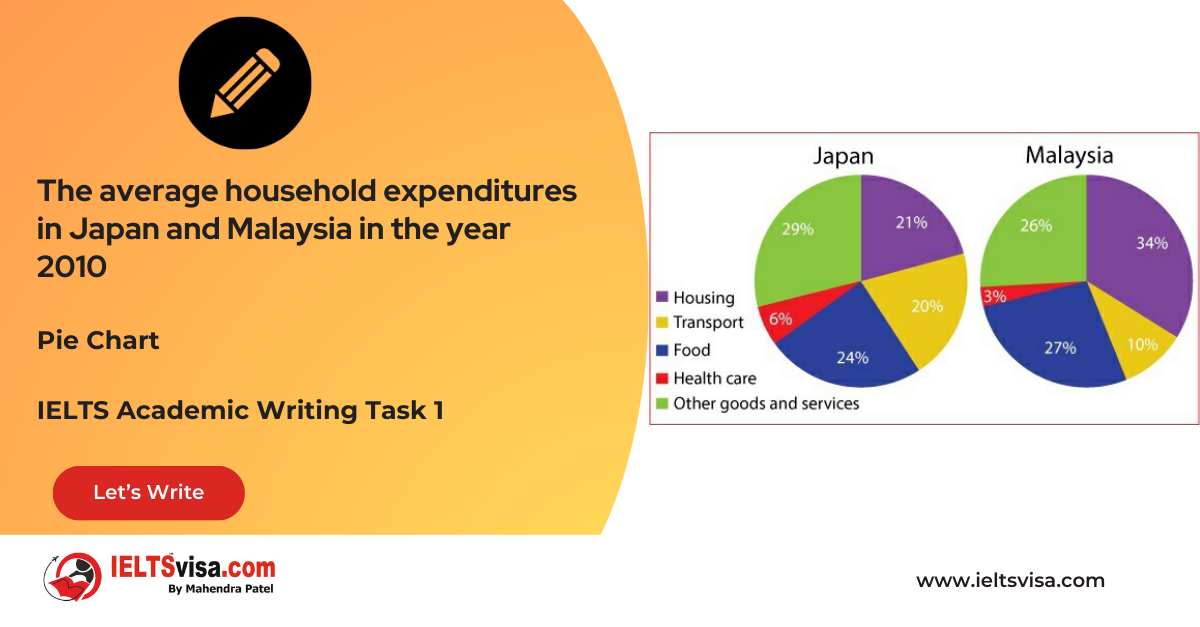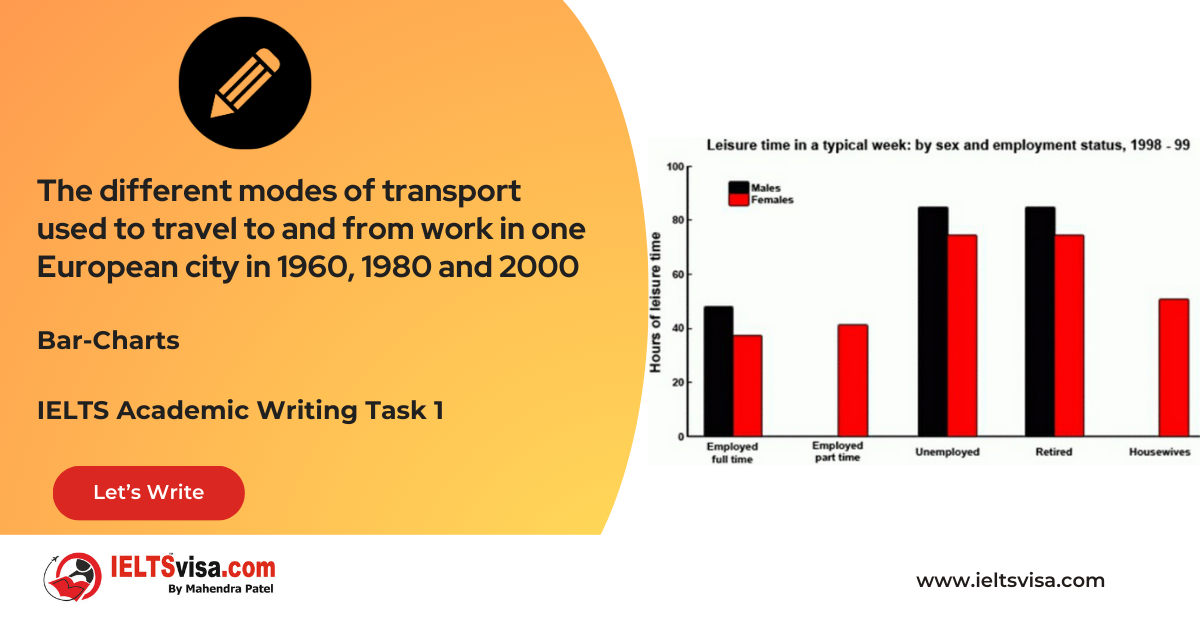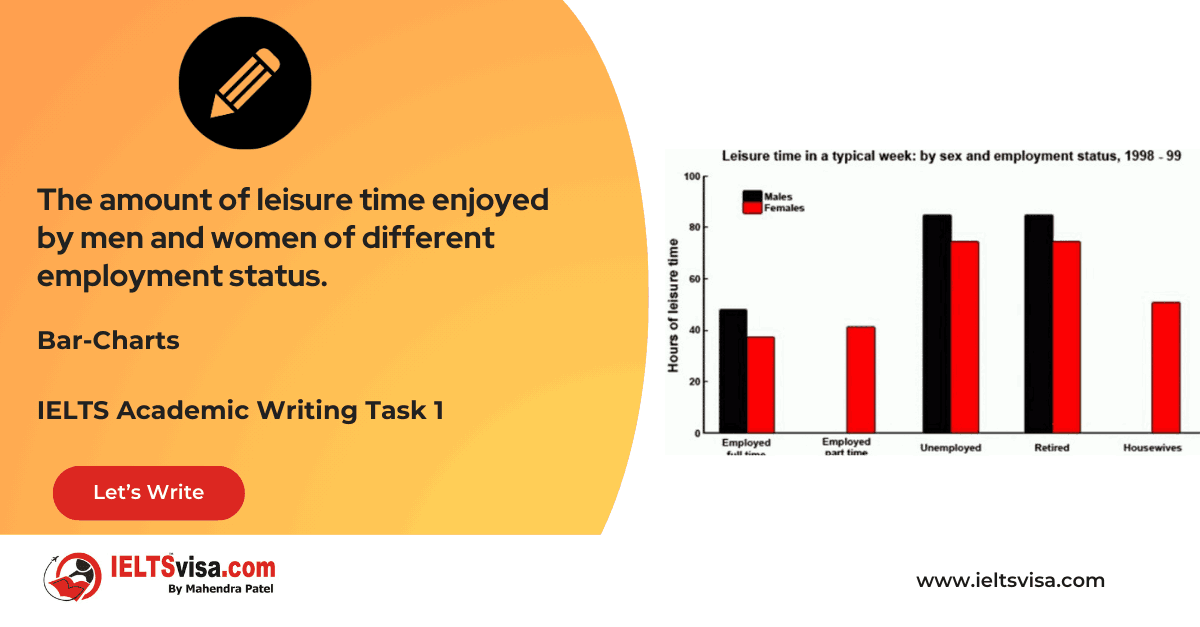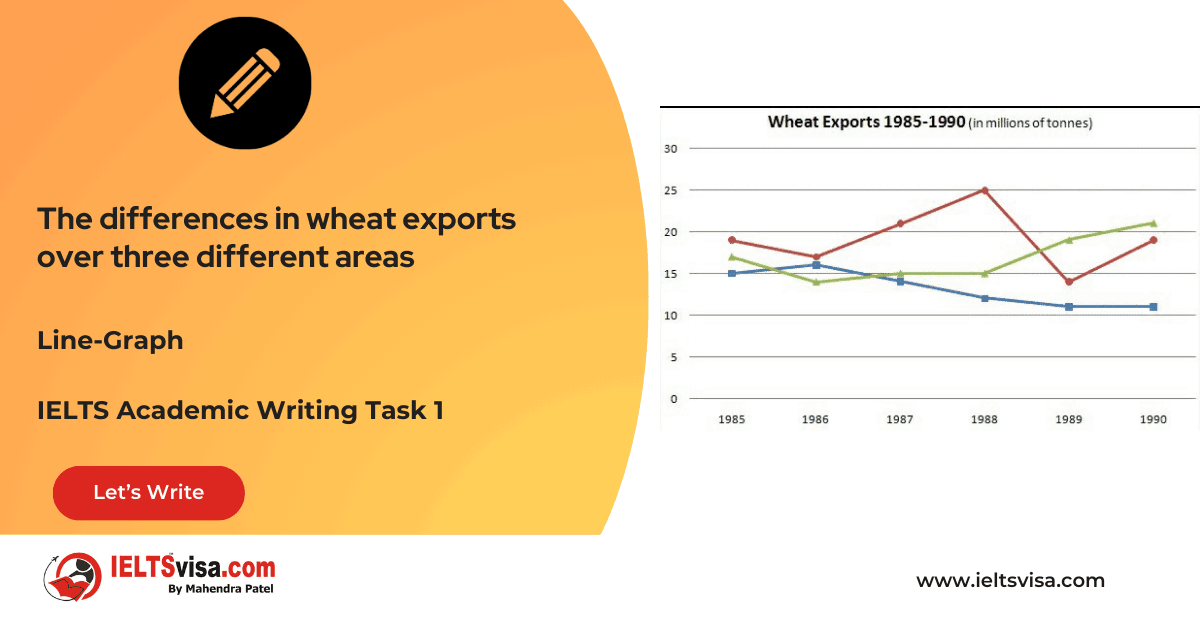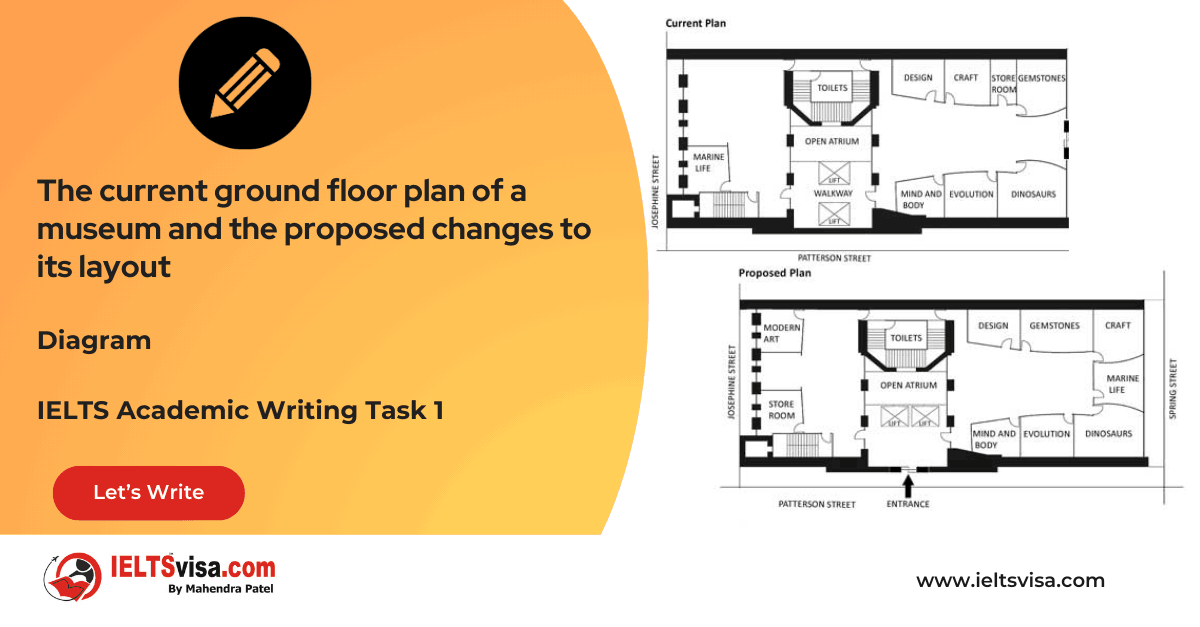Prepositions and Articles
Lexical Resource & Grammatical Range and AccuracyIELTS Academic Writing Task 1
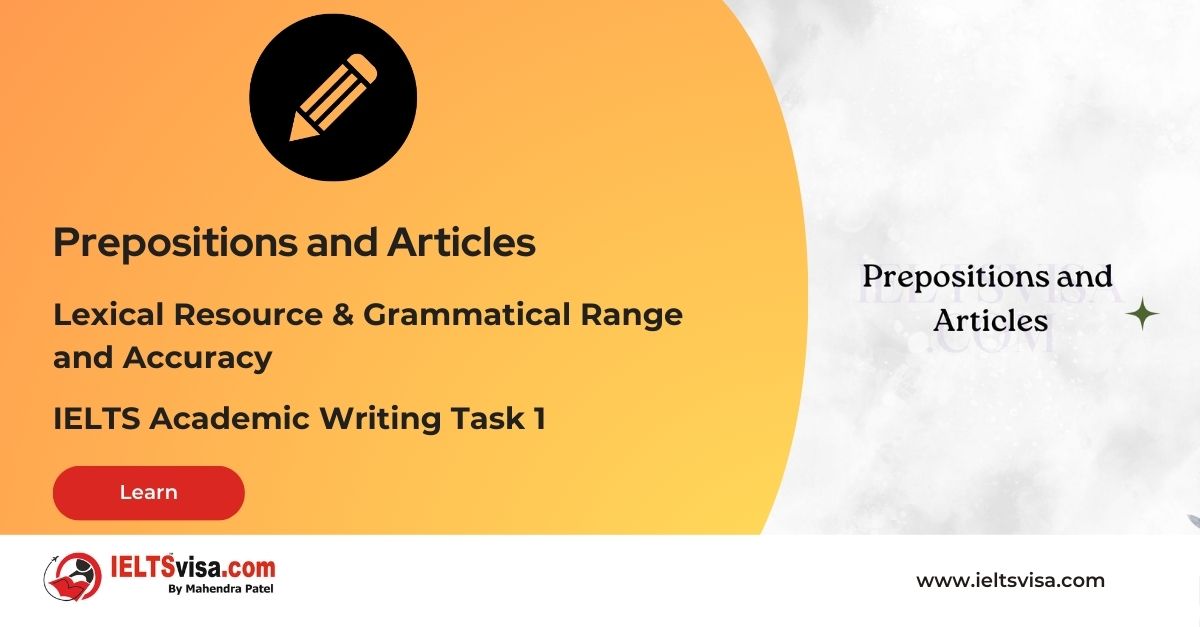
In the IELTS Academic Writing Task 1, demonstrating a strong command of prepositions and articles is essential for achieving a high score in the Lexical Resource and Grammatical Range and Accuracy criteria.
This task requires test takers to describe and interpret visual information, such as graphs, charts, and diagrams. By effectively using prepositions and articles, you can convey relationships, positions, and specific details accurately, showcasing your language proficiency.
This article will explore the importance of prepositions and articles in Task 1, accompanied by examples and answers to help you excel.
1. Prepositions:
Prepositions play a crucial role in Task 1 as they help establish relationships between elements and indicate positions or locations. Here are some important considerations for using prepositions effectively:
a. Time Prepositions:
Using appropriate prepositions to indicate time helps accurately convey the timing or duration of events or trends.
For example:
Original Sentence: The increase happened on January.
Revised Sentence: The increase happened in January.
In this revised sentence, the preposition “in” is more appropriate for indicating the month of occurrence.
b. Location Prepositions:
Utilizing precise prepositions to indicate location helps provide clarity in your descriptions.
Example:
Original Sentence: The production was high in 2010.
Revised Sentence: The production was high during 2010.
In this revised sentence, the preposition “during” better conveys the time period in which the high production occurred.
Comparison Prepositions:
Using suitable prepositions for comparison helps accurately depict relationships between elements.
For example:
Original Sentence: The sales of Product A were higher to Product B.
Revised Sentence: Product A’s sales were higher than Product B’s.
In this revised sentence, the preposition “than” establishes the comparison between Product A and Product B sales.
2. Articles:
Articles are crucial in Task 1 as they help specify and clarify the nouns they precede. Here are some key considerations for using articles effectively:
a.Definite Article “The”:
Using the definite article “the” helps refer to specific objects or groups.
For example:
Original Sentence: The population increased.
Revised Sentence: The population of the city increased.
In this revised sentence, the addition of “the” before “population” specifies that it refers to the population of the city.
b. Indefinite Articles “A” and “An”:
Using indefinite articles “a” and “an” helps refer to non-specific objects or groups.
For example:
Original Sentence: A student attended the lecture.
Revised Sentence: An enthusiastic student attended the lecture.
In this revised sentence, the indefinite article “an” adds a sense of non-specificity and introduces the adjective “enthusiastic” to provide more detail about the student.
c. Omission of Articles:
Knowing when to omit articles is also important for grammatical accuracy.
Example:
Original Sentence: Production increased by 5% in the year.
Revised Sentence: Production increased by 5% in the year.
In this revised sentence, the article “the” is omitted before “year” because it refers to a general time period rather than a specific year.
Using prepositions and articles accurately and appropriately enhances the clarity and precision of your writing in Task 1. However, using them correctly and ensuring consistency throughout your response is crucial. Proofreading for grammatical accuracy is essential to avoid errors and ensure coherence in your writing.
In conclusion, a strong command of prepositions and articles is vital for achieving a high score in the Lexical Resource and Grammatical Range and Accuracy criteria of the IELTS Academic Writing Task 1.
You can convey information accurately and precisely by using appropriate prepositions to indicate time, location, and comparison and by employing articles to specify and clarify nouns. Practice incorporating these language features into your writing; remember to proofread for clarity and coherence.
With consistent effort, you will enhance your performance in Task 1 and achieve success in your IELTS examination.
Good Luck!








Our Books
Master IELTS Speaking Part 1
IELTS Writing Task 1 Book
IELTS Writing Task 2 Book
Practice IELTS Other Modules
IELTS Listening
The IELTS Listening test assesses how well you can understand spoken English in various contexts. It lasts about 30 minutes and is divided into four sections with a total of 40 questions. The listening tasks become increasingly difficult as the test progresses.
IELTS Academic Reading
The IELTS Academic Reading section assesses your ability to understand and interpret a variety of texts in academic settings. It is designed to evaluate a range of reading skills, including skimming for gist, reading for main ideas, reading for detail, understanding inferences, and recognizing a writer's opinions and arguments.
IELTS Speaking
The IELTS Speaking test assesses your ability to communicate in English on everyday topics. It lasts 11-14 minutes and consists of three parts: introduction, cue card, and a discussion based on the cue card topic.
IELTS General Reading
IELTS General Reading tests your ability to understand and interpret various types of texts. Here are some key areas and types of content you can expect to encounter in the reading section, along with tips for effective preparation.
IELTS Academic Writing Task 1
In IELTS Academic Writing Task 1, you are presented with a visual representation of information, such as graphs, charts, tables, or diagrams, and you are required to summarize, compare, or explain the data in your own words.
IELTS General Writing Task 1
In IELTS General Writing Task 1, you are required to write a letter based on a given situation. The letter can be formal, semi-formal, or informal, depending on the prompt. Here’s a breakdown of the key components to include in your letter
IELTS Academic Writing Task 2
In IELTS Academic Writing Task 2, you are required to write an essay in response to a question or topic. Here’s a guide to help you understand the essential elements of this task
IELTS Exam Tips
To succeed in the IELTS exam, practice regularly, familiarize yourself with the test format, improve your vocabulary, develop time management skills, and take mock tests to build confidence.
Grammer for IELTS
Grammar is the foundation of effective communication in English. Understanding tense usage, subject-verb agreement, and sentence structure enhances clarity and coherence in writing and speaking.
Vocabulary for IELTS
Vocabulary plays a crucial role in the IELTS (International English Language Testing System) exam, especially in the Speaking and Writing sections. Here’s an overview of why vocabulary is important and how it impacts your performance
RECENT IELTS SAMPLES QUESTIONS AND ANSWERS
Task 1 – Diagram – Comparison of Stone Tool Development Over Time
20:00 Start Pause Stop [df_adh_heading title_infix="IELTS Writing Task 1 Question" use_divider="on"...
Task 1 – Flow chart -Life Cycle of a Frog
20:00 Start Pause Stop [df_adh_heading title_infix="IELTS Writing Task 1 Question" use_divider="on"...
Task 1 – Flow chart -The process that is used to manufacture bricks for the building industry.
20:00 Start Pause Stop [df_adh_heading title_infix="IELTS Writing Task 1 Question" use_divider="on"...
Task 1 – Map – Changes that took place in Youngsville in New Zealand over a 25 year period from 1980 to 2005.
20:00 Start Pause Stop [df_adh_heading title_infix="IELTS Writing Task 1 Question" use_divider="on"...
Task 1 – Pie Chart – The average household expenditures in Japan and Malaysia in the year 2010
20:00 Start Pause Stop [df_adh_heading title_infix="IELTS Writing Task 1 Question" use_divider="on"...
Task 1 – Bar Graph – The different modes of transport used to travel to and from work in one European city in 1960, 1980 and 2000
20:00 Start Pause Stop [df_adh_heading title_infix="IELTS Writing Task 1 Question" use_divider="on"...
Task 1 – Bar Graph – The amount of leisure time enjoyed by men and women of different employment status
20:00 Start Pause Stop [df_adh_heading title_infix="IELTS Writing Task 1 Question" use_divider="on"...
Task 1 – Line Graph – The differences in wheat exports over three different areas
20:00 Start Pause Stop [df_adh_heading title_infix="IELTS Writing Task 1 Question" use_divider="on"...
Task 1 – Diagram – The current ground floor plan of a museum and the proposed changes to its layout
20:00 Start Pause Stop [df_adh_heading title_infix="IELTS Writing Task 1 Question" use_divider="on"...

